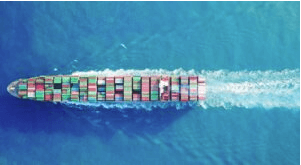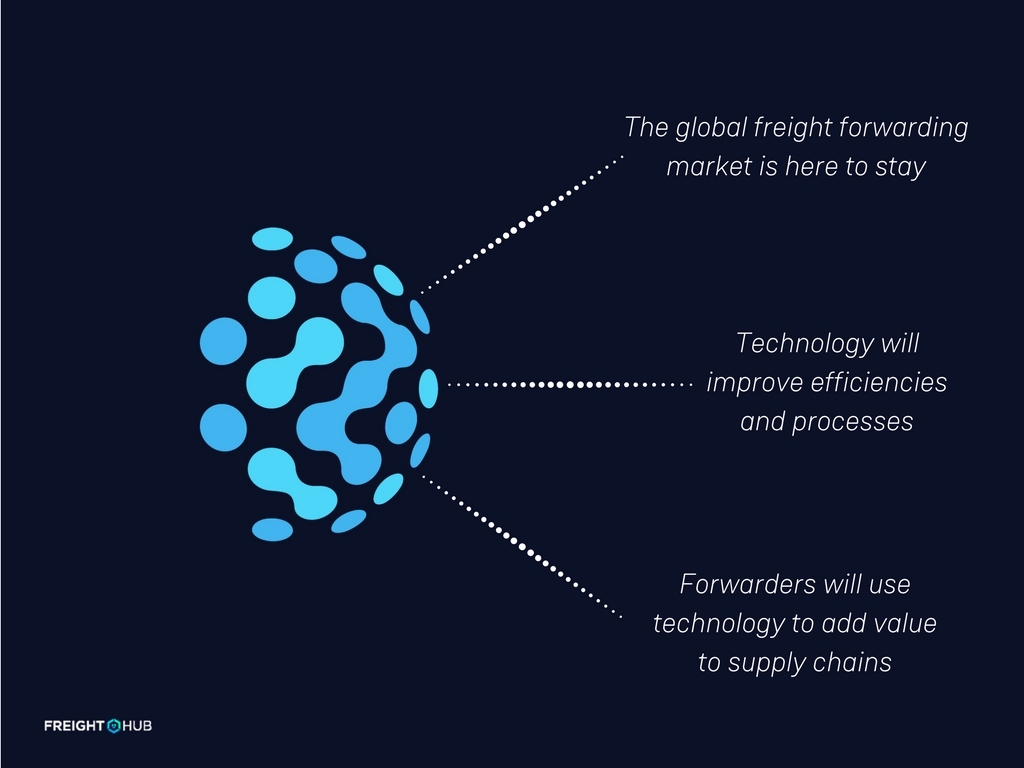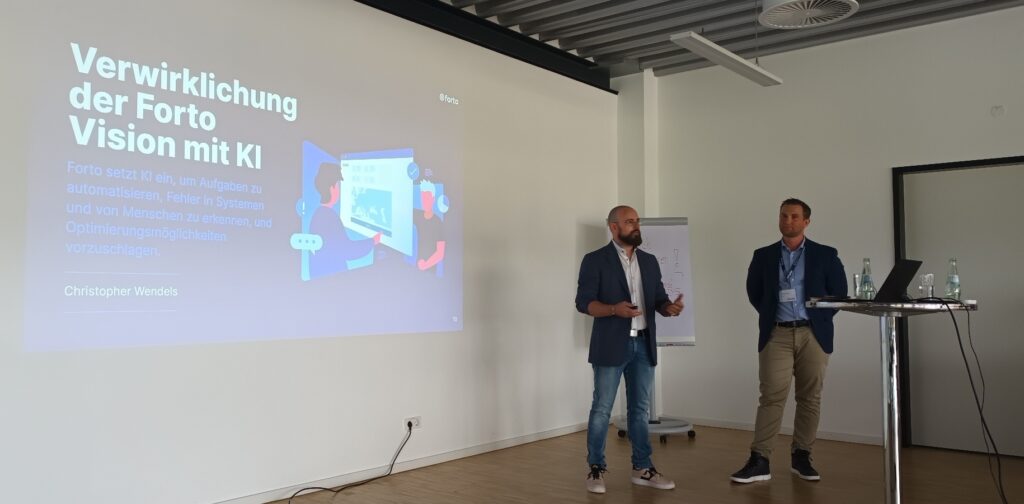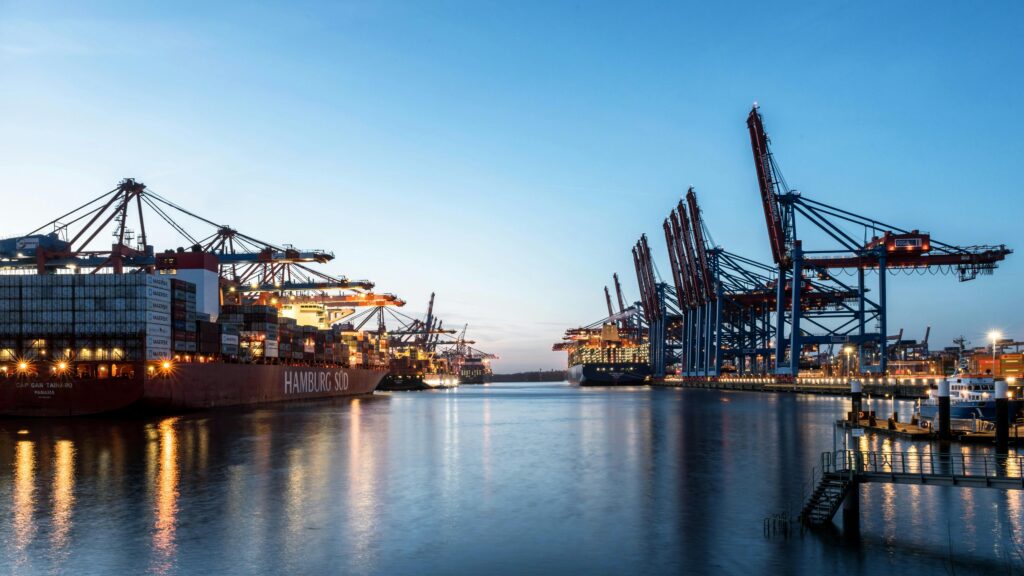-
The global freight forwarding market is here to stay.
-
Technology will improve efficiencies and processes.
-
Forwarders will use technology to add value to supply chains.
As we noted in our previous blog post, technology is playing a vital role in reducing reverse logistics costs. The same can definitely be said for the rest of the supply chain. Technology is improving traditional logistics processes that typically rely on paper, phone calls and faxes. Honestly, when was the last time you used a fax machine? In any case, technology is all about reducing costs which then can be passed down to the customer in terms of savings. Freight forwarders are certainly playing their role and in our case, it’s inherent in our business model as we digitize the freight forwarding process.
Forwarding Market is Not Dying
If you peruse through the industry publications, one will find countless articles concerning the possible demise of the freight forwarding market and for it being stuck in a time warp and being unwielding as it remains dependent on relationships. Of course, relationships will always be important in the business world and in today’s environment perhaps even more so as more companies embrace technology and digitization. As for its demise, we don’t believe that will happen. Instead, there will be major changes in how freight forwarding is done and technology will lead the way to these changes.
Technology is Vital to Forwarding
A growing number of surveys support the importance of technology in freight forwarding. One such survey, conducted in 2016 by Xeneta, found that 65% of respondents regard technology as a differentiator while 30% noted yes it is, but in 5 years. Meanwhile, a survey from Freightos found that 86% surveyed believed that leveraging technology was the best response to eroding margins in traditional forwarding.
Indeed, in the Freightos report, tracking and real-time booking were the two IT capabilities that shippers requested the most because both can save time and thus reduce costs for both forwarders and shippers, while improving service reliability.
Forwarding and Value-Add Solutions
As these basic capabilities are fulfilled by technology, we believe that the forwarder’s role will evolve to provide even more value-added solutions such as identifying and navigating premium trade lanes, linking order fulfillment systems to transportation systems to customs systems and so on.
And yes, as you can imagine, technology will be at the center of this evolution as forwarders utilize data gathered from the various capabilities they have automated to collaborate with customers to create new products and develop growth strategies. In addition, new systems will enable quick analysis of such issues as whether to utilize short-sea shipping for consolidation versus trucking.
Find Out More
Interested in learning more? Visit our website and while there, be sure to sign up for our newsletter for more industry thoughts and announcements. Also, be sure to follow us on Twitter and LinkedIn.







